AMD vs Intel: In-Depth Guide to Choosing the Right Processor
Table of content
Introduction:
There have been many years of considerable debate about which is the best CPU, AMD or Intel. Each manufacturer produces powerful processors that will fulfill your computing needs, covering anything from casual use to high-end gaming or professional workloads. So why is there such a big deal about which CPU you should choose? The CPU is considered the brain of your computer and determines how fast and efficiently your computer will deliver each of your tasks. This blog will help you learn about all of the important differences between AMD vs Intel so that you can make the best educated decision on which brand you will want to use and have.
What are AMD and Intel CPUs:
AMD:
AMD (Advanced Micro Devices) is gaining the market through its Ryzen series because it notifies them of the high performance offered at relatively lower prices. AMD processors are widely appreciated for their performance with multi-core support. This makes them do the job in video editing, 3D rendering, or even in a capable way concerning tasks related to gaming. Truly powerful enough and innovative enough to give Intel real competition with high-performance products.
Intel:
Intel has established a strong track record over the years and is known for its reliability and consistency. Whether it’s gaming or routine tasks, their processors stand up well against leading rivals. For those prioritizing performance, the Intel Core series, particularly the i7 and i5 models, has been a preferred choice for quite some time. The more budget-friendly Intel processors are frequently utilized on laptops and desktops due to their effectiveness and capacity to provide dependable performance.
Which CPU Is Best:
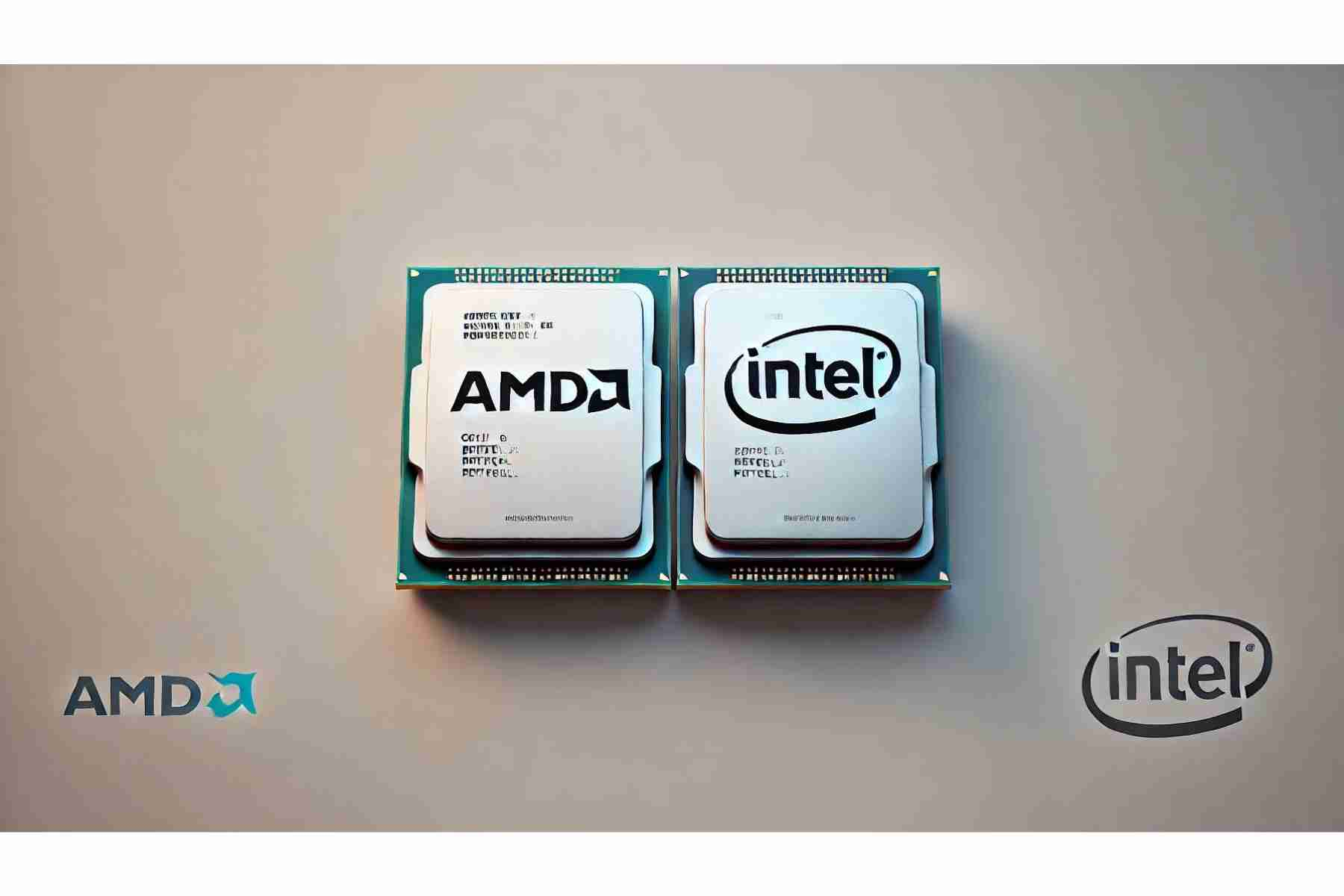
Performance Analysis:
When comparing performance, AMD and Intel’s CPUs have their advantages. AMD’s CPUs do better in multi-core workloads – particularly the Ryzen series, which is a good option for heavy multitasking and creative workloads. Intel’s CPUs, however, do better in single-core performance, which is important for gaming and applications that do not utilize multiple cores well.
Gaming and Productivity:
When it is about gaming, the Intel vs AMD gaming debate is quite heated! Intel had the edge in gaming as they had the higher single-core performance. But, AMD has improved significantly with its Ryzen 3, 5, 7, and 9 range, which are great value for money. If you have gaming and productivity in mind, you’re going to face a challenge in deciding between AMD Ryzen 7 vs Intel i7, as they are both great performers in a variety of tasks.
Thermal Efficiency:
Thermal efficiency represents another significant element to analyze. Generally, AMD processors will run hotter under significant load due to their greater core count. However, with their new architectures, they have improved substantially. Intel processors will be more energy efficient and typically produce less heat, which means in a compact system, the cooling is less of an issue.
Key Differences Between Amd vs Intel:
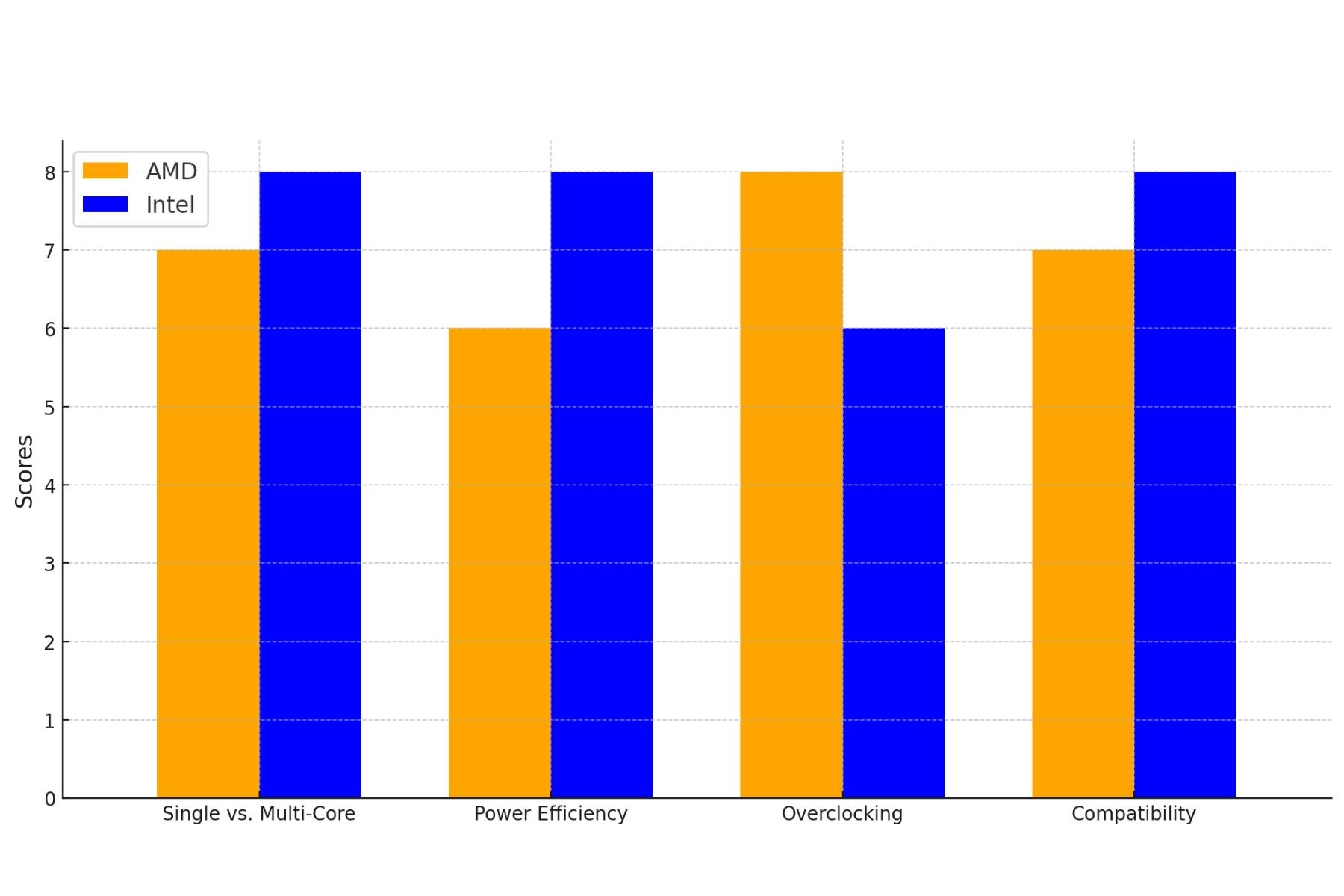
Single-Core vs Multi-Core Performance:
Intel generally does well in single-core performance, which makes it a strong competitor in the Intel vs AMD debate. However, AMD has gotten better with increased multi-core performance-critical aspects of modern applications, and multitasking.
Power Consumption and Efficiency:
Generally, Intel leads in terms of power consumption, offering more efficient and less power-consuming processors. This makes Intel processors a better option for users who value energy efficiency or have small power supplies.
Overclocking Potential:
Overclocking ability like every brand-is different, but lately, AMD has been doing a better job, making it easier for one to get the speeds of the processor higher than their normal heads. Intel lets users overclock, too, though its K-series processors tend to be pricier.
Compatibility and Ecosystem:
Compatibility and ecosystem are key considerations. Intel still has a minor advantage here: motherboards are more available, and generally, the ecosystem is more mature. However, AMD has been catching up with their processors; compatibility with different chipsets is broader, which gives flexibility for upgrades.
How To Choose the Right CPU:
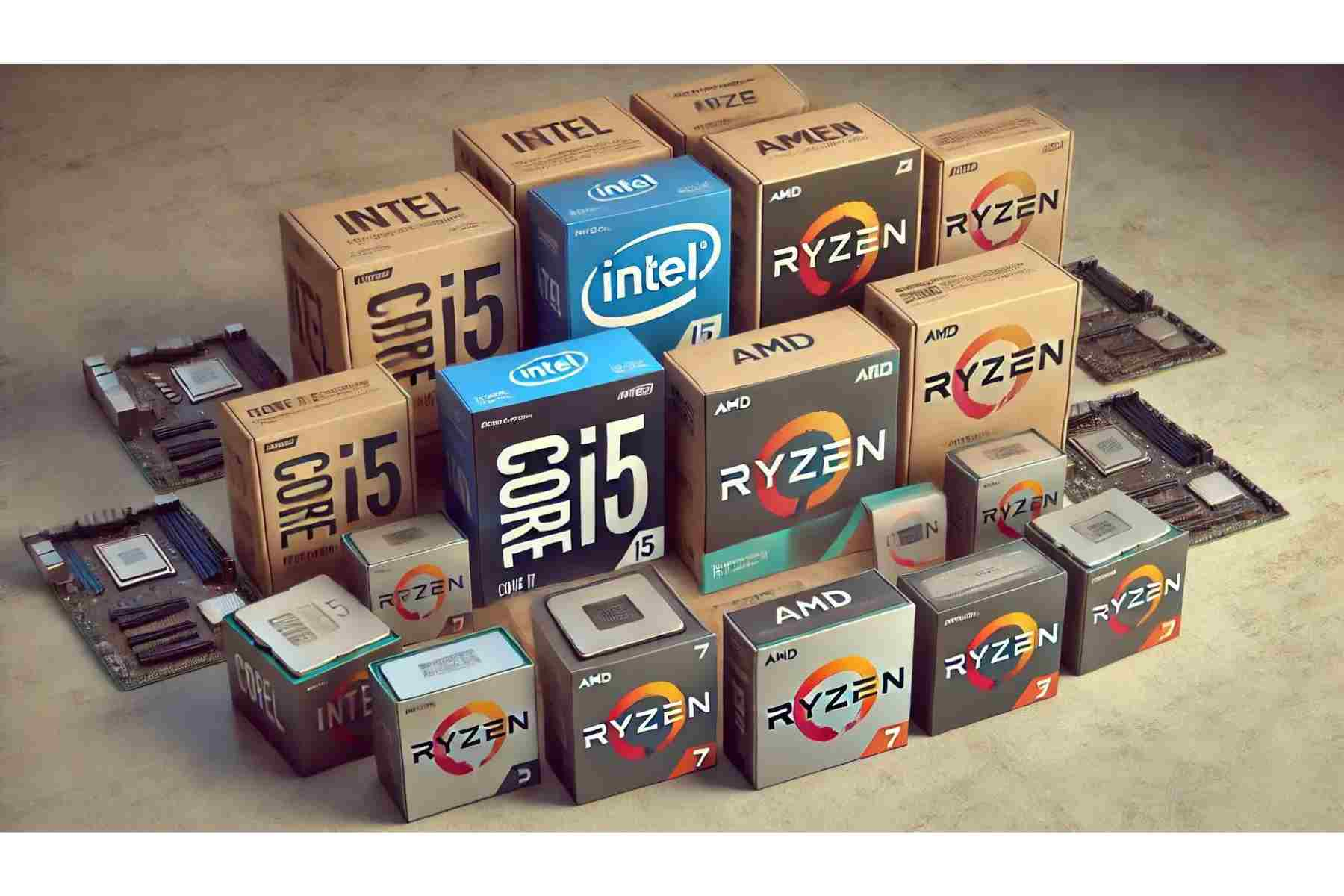
When it comes to choosing between AMD vs Intel, in the end, it comes down to personal preference, we suggest starting by deciding what you will be doing with the computer. For gamers, Intel is recommended due to its stronger single-core performance, which is favored by many games. For content creators, such as video editors and 3D renderers, the Ryzen processors by AMD have great multi-core performance. The budget is always a factor, and AMD typically has more cores and threads for the price, which can be of better value if working with multi-threaded processes. Lastly, look to future-proof your CPU by choosing one that is easy to upgrade and supports newer technologies; otherwise, it may induce another build sooner rather than later.
Price Comparison: AMD vs Intel
When comparing the prices of AMD vs Intel processors, it’s important to select what you get for your money in terms of performance and features.
Budget-Friendly Options:
| AMD | Intel |
| AMD Ryzen 5 5600X features 6 cores and 12 threads, having very good performance for gaming with numerous multitasking. | Intel Core 5-10400F is cheaper, and besides better gaming performance, it offers superior general computing capability. |
Mid-Range to High-End Processors:
| AMD | Intel |
| An AMD Ryzen 7 5800X is an extremely strong processor that will do great in games, as well as video editing and rendering. It’s just great for people aiming to build anything between mid-range and high-end PCs. | With its strong single-core performance, the Intel i7-11700K can mostly be found in high-end gaming rigs and heavier usages. |
Value for Money:
| AMD | Intel |
| AMD does offer more cores and threads for a competitive price so that they offer better value in multi-threaded performance; that means users have a strong ability to multitask. | Intel provides the best value for people concerning gaming and thriftiness in power, considering a long legacy of reliability and good performance. |
Top Models Comparison: AMD vs Intel
It is a little hard to choose the right processor when there is such an opportunity as AMD or Intel.
Let’s look at the top models for both brands and compare them so that you know which one to choose for your needs:
Entry-Level CPUs:
AMD Ryzen 3 3100 vs Intel Core i3-10100
If you are searching for a budget computer, these entry-level CPUs are suitable options:
- Cores/Threads: The core to compete on base clocks of 3.6 GHz for Ryzen 3 3100 with a boost of up to 3.9 GHz, and Core i3-10100, working on a base clock of 3.6 GHz, boosting up to 4.3 GHz from Intel, therefore have a slight edge in speed from time to time in workloads.
- Base/Boost Clock: The core to compete on base clocks of 3.6 GHz for Ryzen 3 3100, with a boost of up to 3.9 GHz, and Core i3-10100, operating on base clock of 3.6 GHz, boosting up to 4.3 GHz from Intel, gives them a tiny bit more speed in some workloads.
- Power Usage (TDP): Both processors use 65W of power, so they’re pretty similar in terms of energy consumption.
- Integrated Graphics: The Core i3-10100 has integrated graphics, which means you wouldn’t need to buy a separate graphics card. You would need one with the Ryzen 3 3100.
Mid-Range CPUs:
AMD Ryzen 5 5600X vs Intel Core i5-11600K:
These mid-range CPUs strike a good balance for gamers and multitaskers:
- Cores/Threads: Both the Ryzen 5 5600X and Core i5-11600K have 6 cores and 12 threads, which is perfect for gaming, streaming, and general multitasking.
- Base/Boost Clock: The Ryzen 5 5600X features a base clock of 3.7 GHz and a boost clock of up to 4.6 GHz. The Core i5-11600K just starts higher at 3.9 GHz, but boosting kicks in two bins for four cores up to 4.9 GHz.
- Power Usage (TDP): The Ryzen 5 5600X is more efficient, using only 65W compared to the 125W of the Core i5-11600K. This means it generates less heat and is easier on your electricity bill.
- Overclocking: Both CPUs can be overclocked for extra performance, but the Ryzen’s efficiency might make it a better choice if you’re planning to push the limits.
High-End CPUs:
AMD Ryzen 9 5900X vs Intel Core i9-11900K:
If you need top-notch performance for demanding tasks, these high-end CPUs deliver:
- Cores/Threads: The Ryzen 9 5900X offers 12 cores and 24 threads, while the Core i9-11900K comes with 8 cores and 16 threads. More cores mean the Ryzen is better for heavy multitasking and intensive applications like video editing.
- Base/Boost Clock: The Core i9-11900K can reach a boost clock of 5.3 GHz, compared to the Ryzen 9 5900X’s 4.8 GHz, making Intel better for tasks that rely on single-thread performance.
- Power Usage (TDP): The Ryzen 9 5900X is more power-efficient at 105W, compared to the Core i9-11900 K’s 125W.
- Multicore Performance: If you’re handling tasks that require a lot of cores, like rendering or 3D modeling, the Ryzen 9 5900X is the better choice.
Flagship CPUs:
AMD Ryzen 9 5950X vs Intel Core i9-12900K
- For those who seek the ultimate performance, these flagship CPUs are on top of the market:
- Cores/Threads: The Ryzen 9 5950X has 16 cores with 32 threads, while the Core i9-12900 K has 16 cores comprised of a core mix (efficiency and performance) which results in 24 threads.
- Base/Boost Clock: The Ryzen 9 5950X is going to be more power-efficient, at 105W TDP, while the Core i9-12900K will consume up 125 W TDP overall.
- Overall Performance: The Ryzen 9 5950X is very firmly threaded overall, but the Core i9-12900 K will do just fine, given its new design.
- Power Usage (TDP): The Ryzen 9 5950X is slightly more power-efficient, at 105 TDP than the Core i9-12900 K, at 125W TDP overall.
- Overall Performance: The Ryzen 9 5950X is a beast for multitasking and multi-threaded tasks, while the Core i9-12900K will do absolutely fine, and is overall more balanced with its newer architectures.
Conclusion:
The decision between AMD vs Intel is all based on individual needs and budgets. AMD really drives multicore performance and gets great value for people who involve themselves in content creation or heavy multitasking, while Intel continues with better single-core performance and remains the top favorite for gamers. Whichever the case, everyone has notably realized that AMD usually gives better deals for cores and threads, while Intel serves to provide reliability. These are suitable options for tasks that demand energy efficiency. If gaming is your priority, though, Intel remains the best choice, even if AMD has gained a better position in the versatile field of different tasks.
Frequently Asked Questions:
AMD Vs Intel: Which is Better?
AMD is faster for activities involving multiple cores, such as video editing and 3D rendering, which Intel surpasses in single-core operations and is better for gaming and basic computing needs.
AMD vs Intel: Which CPU Is Right for You?
Go with AMD for heavy multitasking or content creation, and go with Intel for pure gaming purposes, or at least in those cases where peak single-core speed and low power use matter more.
Which One Is Better, Intel Vs AMD?
AMD is better for those seeking cost-effective, high-core-count CPUs, while Intel is preferred for those who prioritize strong single-core performance and compatibility with certain software.
Does Intel Last Longer than AMD?
Both Intel and AMD CPUs are designed to last several years, with longevity more influenced by factors like cooling and usage rather than the brand itself.
Is Intel Worth More than AMD?
In the AMD Vs Intel debate, Intel has a higher market value due to its brand reputation and strong single-thread performance, but AMD offers better value with its competitive pricing.




 Catalog
Catalog













































































































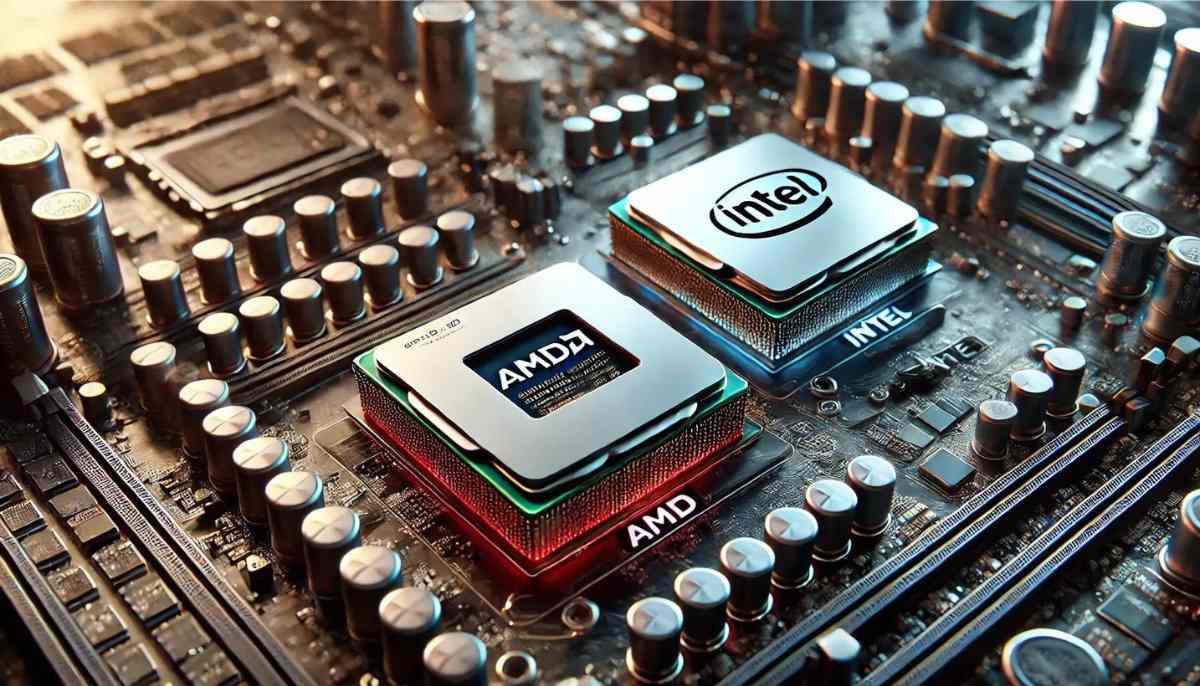
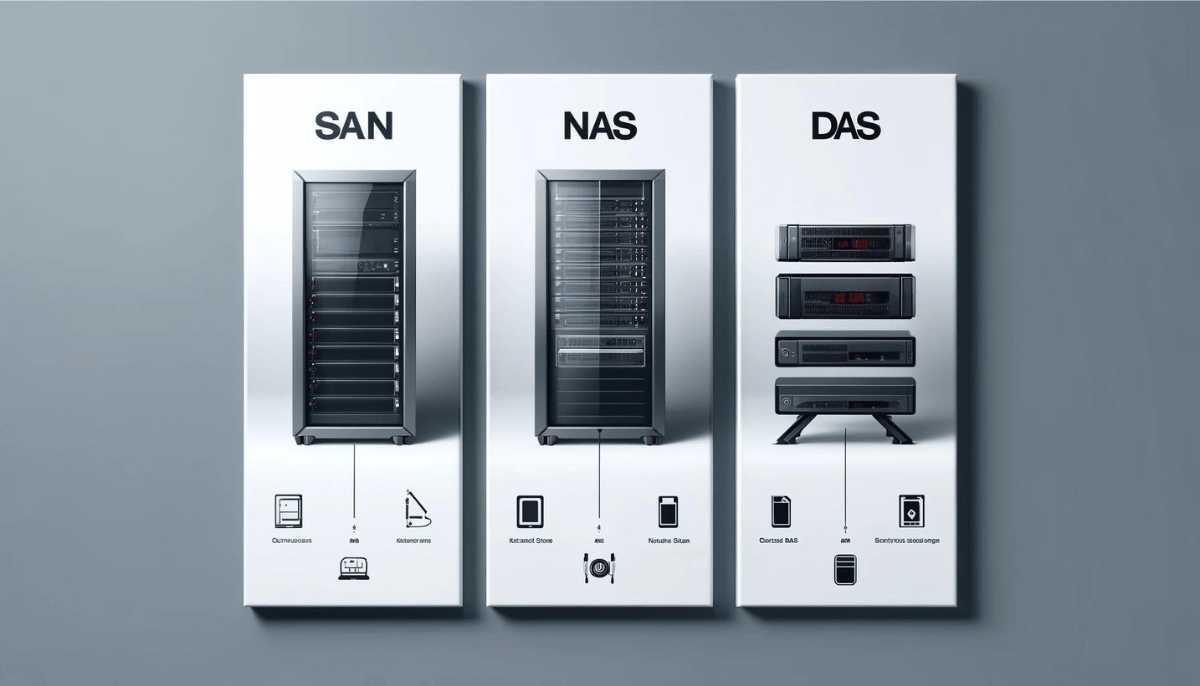
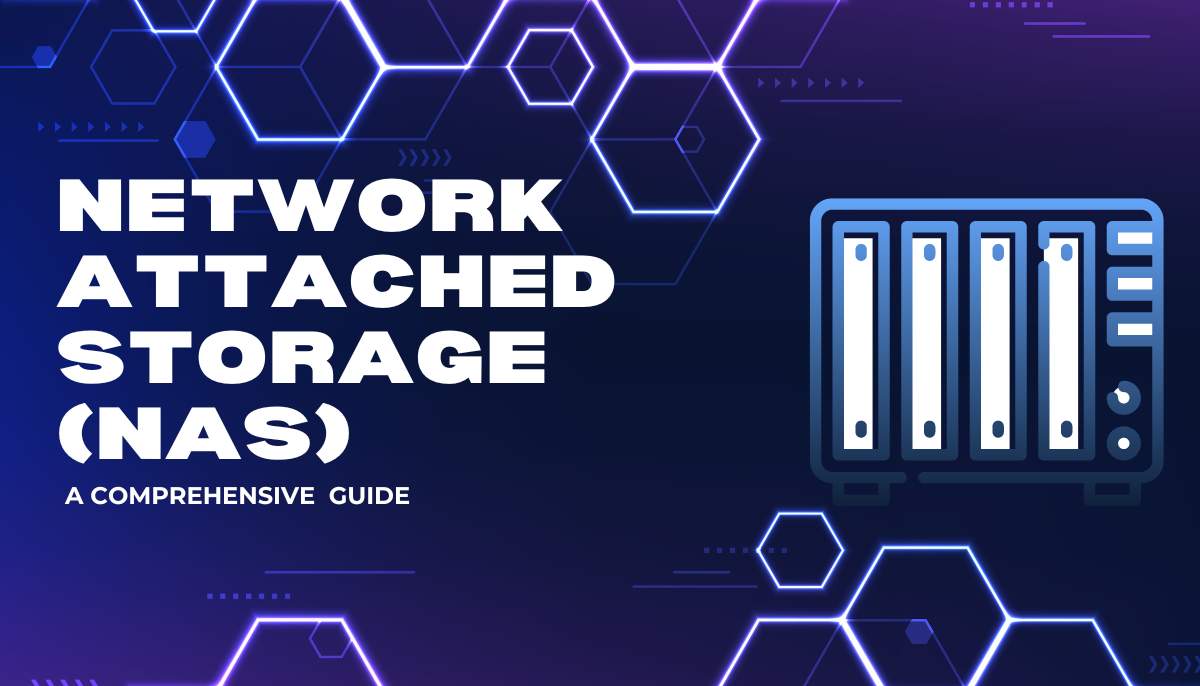
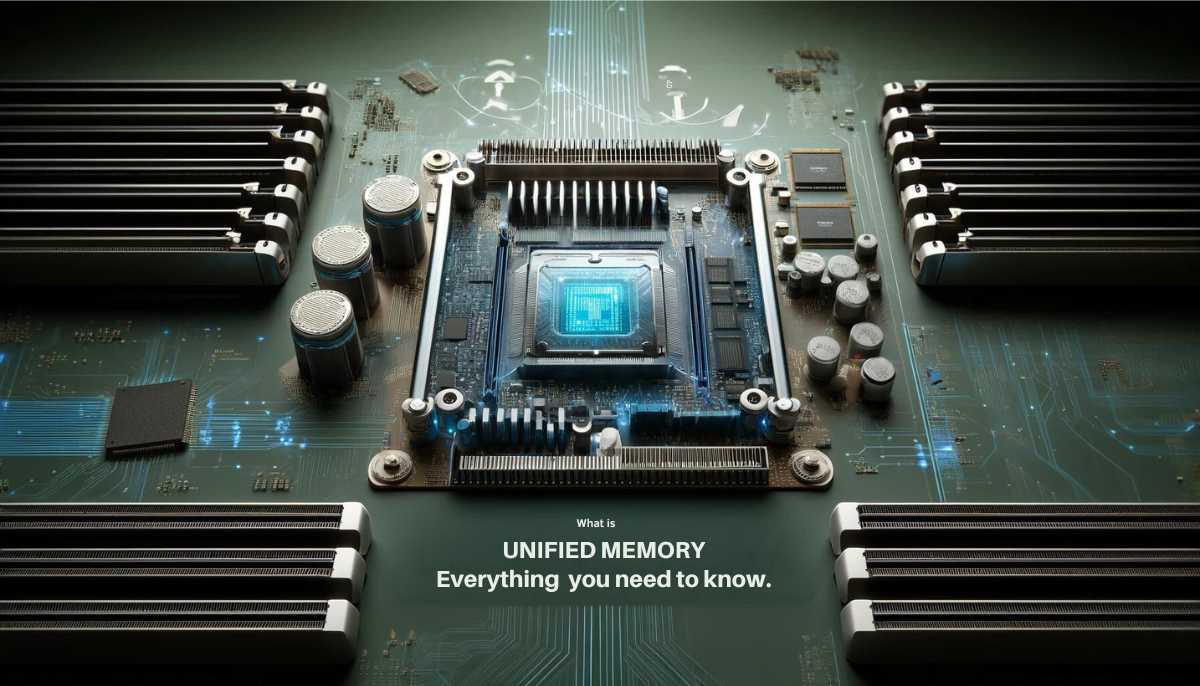




 (800) 870-9487
(800) 870-9487